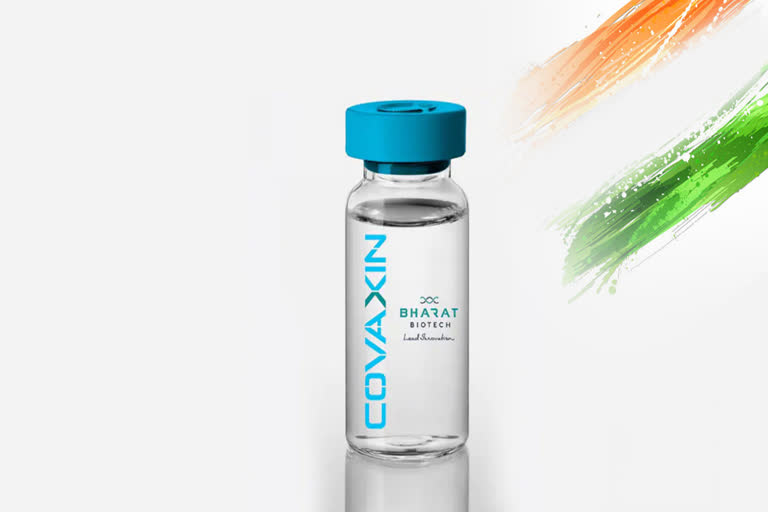Hyderabad: The world is eagerly waiting for that one breakthrough that can put in sight an end to the Covid-19 pandemic that has affected nearly 11 million people globally till date. Governments, health regulators and pharmaceutical companies are racing against time to develop an effective coronavirus vaccine even as there is no exhaustive scientific research on the virus.
India’s apex medical research institute, Indian Council of Medical Research (ICMR), on Thursday took everyone by surprise when it announced that it aims to launch the Coronavirus vaccine being developed in partnership with Hyderabad-based Bharat Biotech International Ltd (BBIL) for public health use by 15 August 2020.
ICMR Director General Balram Bhargava in a statement said: “It is envisaged to launch the vaccine for public health use latest by 15th August 2020 after completion of all clinical trials. BBIL is working expeditiously to meet the target, however, final outcome will depend on the cooperation of all clinical trial sites involved in this project.”
Bharat Biotech on Monday had announced that it has developed India’s first vaccine candidate for Covid-19 (COVAXIN), which has also got the Drug Controller General of India’s permission for ‘accelerated’ human clinical trials. This was just 52 days after it announced its collaboration with ICMR and the National Institute of Virology, Pune, a period during which the company managed to complete the comprehensive pre-clinical studies.
Dr Krishna Ella, Chairman and Managing Director of Bharat Biotech, on Wednesday told ETV Bharat that “a vaccine which usually takes 14-15 years to develop could now be developed within one year”. The statement highlighted that how regulatory and trial processes are being relooked at for a quicker Covid-19 vaccine.
To start with, the government recently designated the Central Drugs Standard Control Organization (CDSCO) as the first point of registration for clinical trials of all drugs and vaccines in order to cut the approval time to three months from the date of receipt of application from the previous average of 12 months.
CDSCO also, in a 30 March notification, pointed out that it would be difficult to adhere to all the protocol and regulations while conducting clinical trials of Covid-19 cures. However, it clarified that the rights or safety of the trial subjects would not be compromised in the process.
